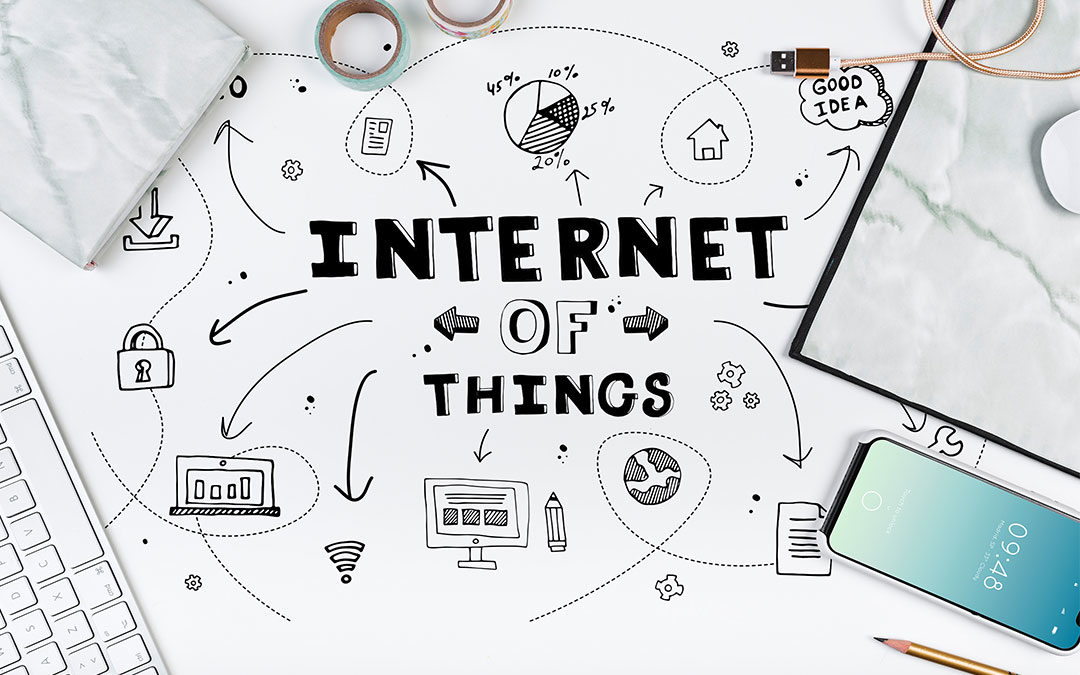In a world where even the most basic healthcare is out of the reach of most people, we need to make healthcare more accessible. The Internet of Things (IoT) refers to a network of interrelated, internet-connected objects that can collect and transfer data over a wireless network without human intervention. IoT has countless applications in healthcare that can benefit patients, families, physicians, and hospitals. In the world of hospital pharmacies, the IoT includes smart devices and items such as:
- RFID technology (Radio Frequency ID) for inventory control, equipment tracking, etc.
- Automated IV compounding systems designed to reliably and accurately prepare IV syringes and bags.
- Automated drug-picking systems by robots to gather medication for patients.
The potential for the complete application of IoT in healthcare offers endless possibilities. It would improve a patient’s health, help in critical situations, increase the productivity of health employees, and result in efficient hospital workflows.
What is the impact of IoT on healthcare systems?
1. More effectiveness and efficiency in patient care: Patients get more engaged in their treatment by being connected to the healthcare system through the IoT. Doctors can improve diagnosis accuracy since they have all the necessary patient data at hand.
2.Lowers healthcare operational costs: This means fewer unnecessary visits to the doctor and fewer hospital stays and readmissions thanks to efficient data collection and management.
3.Minimizes errors and improves accuracy: Using IoT for data collection and workflow automation is an excellent way to cut down on waste, reduce system costs, and minimize human errors.
4.Supports real-time disease management: Connected medical devices allow healthcare providers to monitor patients in real-time and conduct a comprehensive analysis for better healthcare services.
5.Improved diagnostics results: Healthcare solutions connected through cloud computing can provide the ability to access real-time data, which can be used to make informed decisions and provide evidence-based treatments.
6.Quicker healthcare record analysis: IoT solutions allow hospital staff to spend less time searching for drugs, track supplies and medicine in hospitals. Constant monitoring of patients can alert healthcare professionals to any problems or changes.
How can IoT deliver safer supply chains?
An efficient supply chain has an essential role to play in the effective delivery of healthcare services. Most products used in the healthcare system can make the difference between life and death; so, they must be available when needed.
One pharmaceutical company began using advanced connectivity with RAIN RFID tags to track more products annually. They developed their own fully Automated Picking System (APS), which enables automatic identification of items before collecting, boxing, and shipping them without human intervention. As a result, the company can now monitor product movements and improve inventory management using a 100% reliable, secure and compliant method.
Like many other industries, we can expect digital innovations to transform the future of healthcare. IoT technologies will continue to play a crucial role in enabling safer, more efficient healthcare supply chains while eliminating mundane administrative tasks. It allows healthcare professionals to focus on providing better care.

